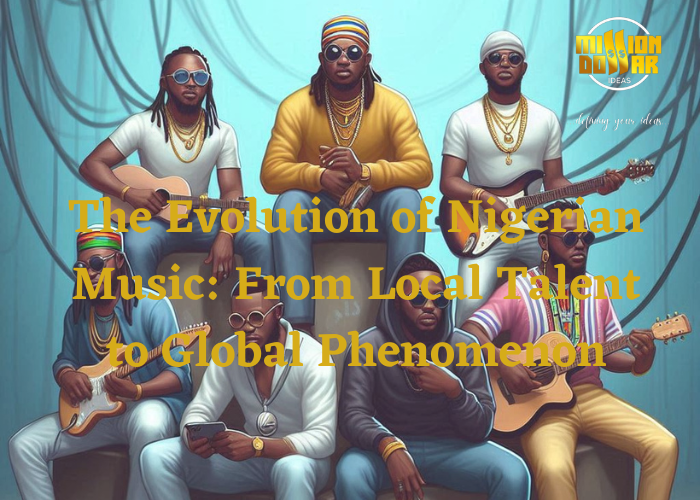The Nigerian music industry has undergone a remarkable transformation over the past few decades. From the pioneering efforts of artists like the late Sound Sultan and 2face in the early 2000s to the international successes of contemporary stars such as Wizkid, Davido, Rema, Fireboy, and Tems, Nigerian music, particularly Afrobeats, has carved out a significant place on the global stage.
A Journey of Perseverance and Talent
The journey to international recognition has been a long and arduous one. Early trailblazers like D'banj and Don Jazzy broke boundaries in the mid-2000s, laying the foundation for future stars. Their efforts culminated in groundbreaking moments, such as Wizkid's collaboration with Drake and D'banj's signing with Kanye West, which signaled a new era for Nigerian music. Today, Nigerian artists headline international tours, secure major collaborations, and attract the attention of global distribution companies.
The Double-Edged Sword of Advances
However, the success and attention have brought new challenges. With international distribution companies setting up offices in Nigeria and offering advances to artists, the industry faces a potential crisis. Advances, once seen as a boon, have become a double-edged sword. While they provide immediate financial relief and opportunities for artists, they also create a situation where only those with high streaming numbers are deemed valuable.
This focus on numbers has led to a neglect of raw talent. The true artists, those with genuine creativity and potential, often find themselves overlooked unless they can generate impressive streaming statistics. This trend has made it increasingly difficult for undiscovered talents, particularly those from disadvantaged backgrounds, to break through. Viral freestyles and grassroots discovery are becoming rare, and the industry risks losing its authenticity.
The Hidden Cost of Success
For those who do secure deals, the reality can be harsh. Many artists find themselves bound by contracts that require them to produce multiple albums, often at the expense of quality. The pressure to meet contractual obligations can lead to a decline in the quality of music, as artists rush to fulfill their commitments without adequate time for creativity and production.
This situation raises a critical question: Are advances doing more harm than good? While they provide a lifeline for some, they also perpetuate a cycle that prioritizes commercial success over artistic integrity. The industry's focus on immediate returns risks stifling the very creativity that made Nigerian music a global phenomenon.
The Way Forward
The Nigerian music industry stands at a crossroads. To sustain its growth and global influence, it must find a balance between commercial viability and nurturing true talent. This requires a shift in focus from merely chasing numbers to investing in artists' long-term development. Distribution companies and industry stakeholders must recognize the value of genuine talent and provide support beyond financial advances.
Moreover, there needs to be a concerted effort to create opportunities for grassroots talent. Initiatives that foster discovery and development at the local level can help ensure that the next generation of Nigerian artists has a chance to shine, regardless of their background.
Conclusion
The Nigerian music industry's journey from local talent to global powerhouse is a testament to the resilience and creativity of its artists. However, the challenges posed by the current focus on advances and streaming numbers threaten to undermine this progress. By re-evaluating the industry's priorities and investing in true talent, Nigeria can continue to produce music that resonates globally while preserving the authenticity that has made its sound so unique.
Written by Omobosola Karimat Alaka for MillionDollar Ideas Ltd

 hafrikPlayNG
hafrikPlayNG
